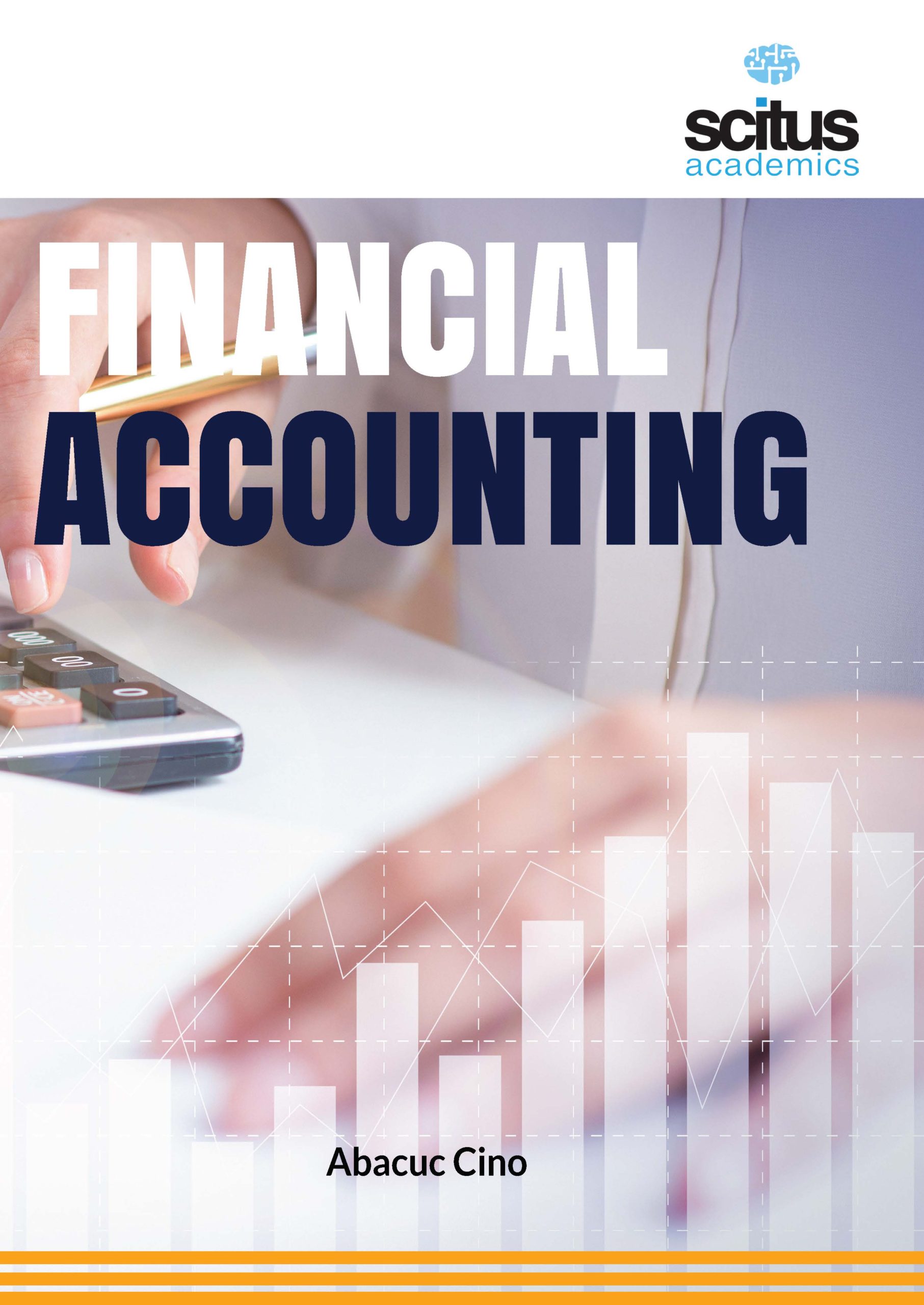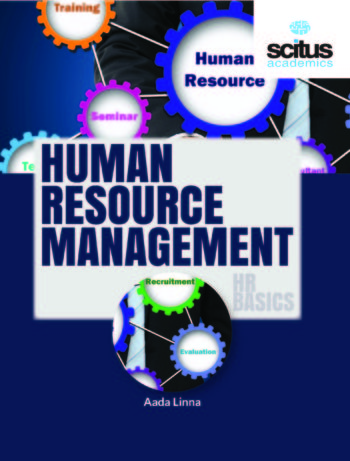Traditionally, accounting was concerned with calculating, storing, and recording information that could be represented in monetary terms. More recently, however, the idea of accounting has expanded to include all quantitative details rather than just financial data. It has come to hold an increasingly important role in the functioning of modern industrial societies. As a result of the management practices of the property, the trader, and the emerging business, it has become an important part of modern organizational and social management. Accounting innovations within the organization, whether in the private or public sector, are now seen as increasingly related not only to the management of financial resources but also to the formation of specific patterns of organizational visibility, the articulation of modes of management structure, and organizational segmentation and the reinforcement or indeed the establishment of a group. Companies are filing financial statements on a regular schedule. Statements are known to be external because they are provided to individuals outside the business, with primary recipients being owners/holders, as well as certain borrowers.
Nevertheless, when a corporation’s stock is publicly traded, its financial statements continue to be widely circulated, and knowledge is likely to reach secondary recipients such as shareholders, clients, workers, labor organizations, and market analysts. It is important to note that the object of financial accounting is not to disclose the value of a company. Instead, it seeks to provide sufficient information for others to determine the value of a company on their own.
In this book, students will gain an understanding of financial accounting concepts, accounting information systems, accounting principles, accounting cycle, recording of transactions, and financial statement concepts. The role of accounting is to provide information to investors, policymakers, regulators, and other decision-makers to facilitate the allocation of resources in society. The key objective of this book is to understand the accounting process and to develop the skills required to determine the financial position of an organization and its operations, investments, and financing activities. The book focuses on financial statements and shows you how executives, business analysts, and businessmen use accounting comprehension to enhance strategic decision making.














Reviews
There are no reviews yet.